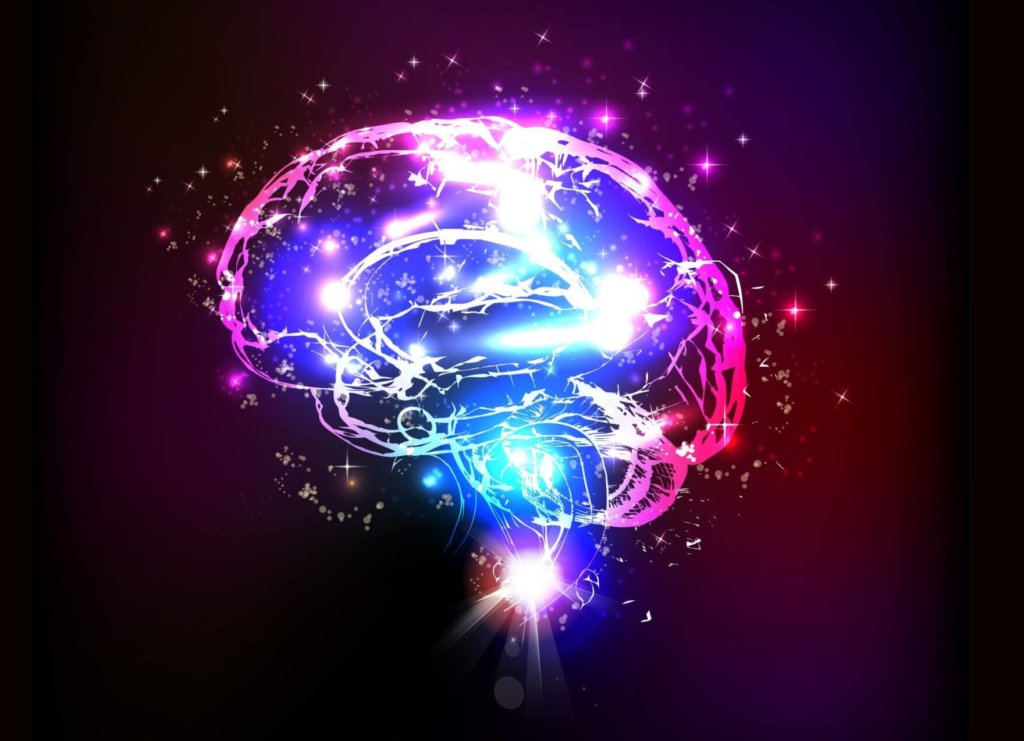Switching off certain cells in the brain can protect against stress, helping to alleviate anxiety and depression, according to a new study. This so-called brain “switch” controls specific neurons that scientists say would prevent the mental health conditions.
These neurons lie in the claustrum, a thin sheet of tissue below the cortex with a role akin to that of an orchestra’s conductor. It is the most dense structure in the human brain, coordinating the many different things that go on at once.
“A combined approach using brain activation mapping and machine learning showed the claustrum activation serves as a reliable marker of exposure to acute stressors,” say lead authors Misaki Niu and Atsushi Kasai, of Osaka University in Japan, in a statement.
The study opens the door to treating depression and related disorders with drugs that target the claustrum.
Longterm stress can lead to serious psychiatric problems. But the precise mechanisms have remained largely elusive. The Japanese team used state of the art microscopic imaging to identify the phenomenon.
A technique called chemogenetics controlled neurons with drug reactions. In experiments, mice exhibited anxiety-related behaviors when the cells were triggered. On the other hand, deactivation made them more resilient against chronic stress.
The phenomenon may hold the key to understanding the origin of depression and other stress-related mental illnesses. Until recently, the identification of such small populations of cells has been challenging. Now, the development of FAST (block-face serial microscopy tomography) has made it possible. It allows the researchers to examine changes in cellular activity at the resolution of a single cell.
The processing of stress relies on the communication between cortical and subcortical regions of the brain. Well-established psychological animal models mapped patterns of cellular activity in lab rodents that were exposed to stress. Using FAST, the researchers collected whole-brain images of the group – and compared them with a control group.
Of the 22 brain regions studied, the claustrum was identified as a key region that differentiated stressed from non-stressed brains. Crucially, by manipulating the activity of the cells they concluded the claustrum is crucial for the control of stress.
When activity was amplified, mice exhibited anxious behaviors, which was reversed by turning them off.
“Inactivation of stress-responsive claustrum neurons can serve as at least a partially preventative measure for the emergence of depression-like behavior, and moreover, for stress susceptibility to increase resilience to emotional stress,” says senior author Hitoshi Hashimoto.
The study is published in the journal Science Advances.
Report by South West News Service writer Mark Waghorn












